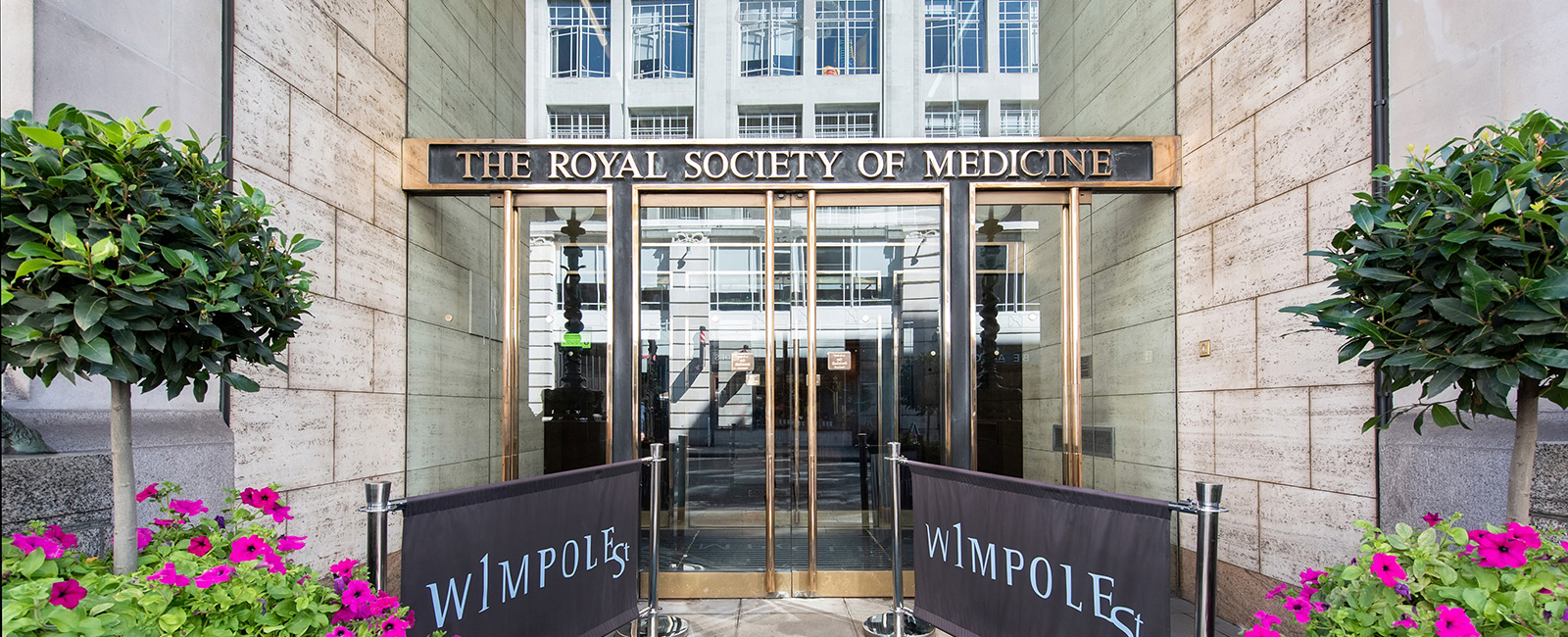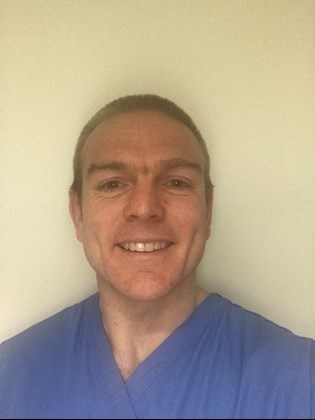
Meet Jonathan Evans: Wesleyan RSM Trainee of the Year finalist
On Thursday 17 January five young doctors will compete for the coveted title of Wesleyan RSM Trainee of the Year.
Marking the culmination of the Royal Society of Medicine’s 2017/18 prize programme for trainee doctors, the awards evening will celebrate the very best of the RSM and its trainees.
We will be awarding prizes to both oral and poster finalists.
The five oral finalists will present for 10 minutes, followed by a 5-minute Q&A session with the audience and finalist judges who this year will include:
- Dr Fiona Moss, Dean, Royal Society of Medicine
- Professor Sir Simon Wessely, President, Royal Society of Medicine
- Dr Fiona Godlee, Editor in Chief, British Medical Journal
- Professor Pali Hungin, Wesleyan Advisory Board and BMA Past President
We talked to each of the finalists as they prepared for the awards final to discover more about their work and what inspired them to compete for an RSM prize.
Meet the finalist | Dr Jonathan Evans

Presentation title:
The Nrf2 inhibitor Brusatol is a potent antitumour agent, and enhances irinotecan cytotoxicity, in an orthotopic mouse model of colorectal cancer.
Focus on colorectal cancer
Currently a specialist trainee in general surgery, with a sub-specialty interest in colorectal, Dr Jonathan Evans studied medicine at the University of Liverpool. Spending three years as a Cancer Research UK (CRUK) Fellow in Liverpool where he studied for a PhD, he was also involved in problem base and clinical skills teaching. Subsequently he has been involved with research through the West Midlands Research Collaborative.
For Dr Evans, the appeal of general surgery lies in the definitive and often immediately lifesaving intervention in patients, particularly in the emergency setting. Having grown up in Zimbabwe, he has tried to maintain an interest in healthcare in the developing world, feeling that general surgery was a useful specialty in this setting.
The research project
Dr Evans explains that some patients with advanced colorectal cancer (CRC) will have a poor response to chemotherapy due to resistance mechanisms within their tumour, despite suffering a number of side-effects to the treatment. New therapies are required to improve outcomes for these individuals, either as standalone treatments or as adjuvants to standard chemotherapy to enhance response.
Data from the University of Liverpool found over-expression of a protein called NQO1 in CRC tissue was associated with chemotherapy-resistance. NQO1 is activated by a stress-response protein called Nrf2, the expression of which can be reduced by the naturally occurring plant extract Brusatol, which allows the possibility of manipulating Nrf2 levels in patients’ tumours.
Dr Evans’ research continued on from the Liverpool project and, once the hurdle of obtaining funding was overcome, he needed to get to grips with a variety of laboratory-based techniques. He says: “This could be frustrating as experiments would fail as I learnt the varying techniques; however, the satisfaction of obtaining positive data more than made up for this!”
He first demonstrated high levels of Nrf2 in CRC patient tissue, suggesting a survival advantage to cancer cells in overexpressing Nrf2, and then assessed the effect of inhibiting Nrf2 with Brusatol in cancer cells.
The findings
Brusatol significantly reduced cancer cell survival and enhanced the effect of chemotherapy, particularly with irinotecan. Irinotecan is a chemotherapy agent used in the treatment of CRC. It is activated by proteins controlled by Nrf2 and it was therefore particularly important to evaluate the effect of Nrf2 in this context.
Dr Evans then replicated these findings in a mouse model of CRC, developed by implanting tumour cells in to mouse colons. This allowed an assessment of not only the effectiveness of Brusatol but also its safety and demonstrated the translational potential of Nrf2 inhibition in the treatment of colorectal cancer.
What next?
The Medical Research Council Centre for Drug Safety Science (MRC CDSS) at the University of Liverpool continues to investigate the pharmacokinetics, pharmacodynamics and mechanism of action of Brusatol. Until there is certainty on how Brusatol achieves such profound inhibition of Nrf2 there will be concerns in evaluating its use in human participants in the context of a clinical trial. This however remains the ultimate aim.
With the development of advanced drug delivery techniques, for example chemo-embolisation and nano-particle technology, it may be possible to deliver high concentrations of Brusatol directly to the tumour with little off target accumulation of the drug. These techniques are also under investigation at the CDSS and perhaps offer the best solution in avoiding any toxicity and side-effects.
Tip for entering for a prize
My advice to anyone wishing to apply for a prize presentation would be to spend plenty of time on your abstract as every word counts. Make sure it has a clear conclusion and can demonstrate how the work could benefit patient care.
